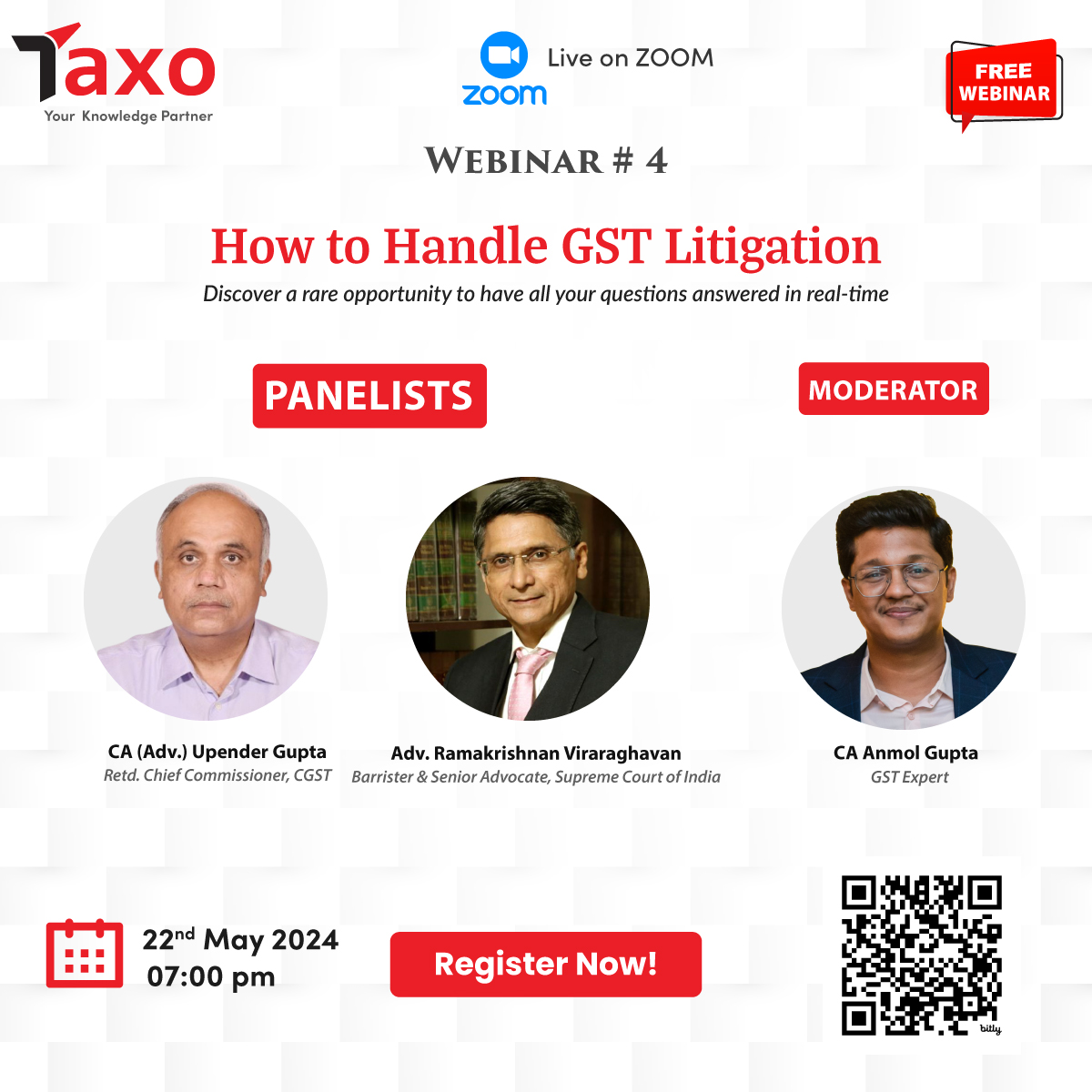Recently in case of “M Srinivasan VS Union of India” wherein licenses were granted to the Contractors (hereinafter referred as “Petitioner”) by Southern Railway (hereinafter referred as “Respondent”) to run parking areas for the vehicles in the railway premises. Agreement was entered into as per the stipulated terms & conditions which included that petitioner apart from making the payments for security deposits, shall pay during the continuance of the license all the cessess, rates, water charges taxes and other charges or taxes i.r.o. the said premises.
After the expiry of the license, respondent refused to refund security deposit to petitioners on the ground that they were liable to pay CGST/SGST @18% as per the terms and conditions of the agreement and as a result writ petition were filed by petitioners against respondent in Madras High Court.
Ld. Counsel appeared on behalf of writ petitioners contended on below grounds:
- When there is no provision to collect the GST from the petitioners on the license fee, then the terms and conditions of the agreement became null and void and reliance placed on Section 32 of the CGST Act and sub-clause (2) to Section 32 which stipulates that “no registered person shall collect tax except in accordance with the provision of this Act or the Rules made thereunder”.
- As far as the present writ petitions are concerned, the respondents had admitted that they are treating ‘Parking’ as ‘Renting of an immovable property’, which is against the provisions of the GST Act. In other words, as per the agreement, it is renting of an immovable property, which is not falling under the scope of the GST Act and therefore, the writ petitioners are not liable to pay tax as demanded by the Southern Railways.
Ld. Counsel appearing on behalf of the Southern Railways, objected by stating that all the agreements and pre-contract proposals were signed by the writ petitioners, agreeing to pay the taxes as applicable under the CGST Act and have relied on the Circulars issued by the Railway Board.
Hon’ble High Court of Madras in case of “M Srinivasan VS Union of India” cited in (2021)127 Taxmann.com 175 (Madras) held that the Railway is liable to pay tax by collecting from the contractors on the license fee.


